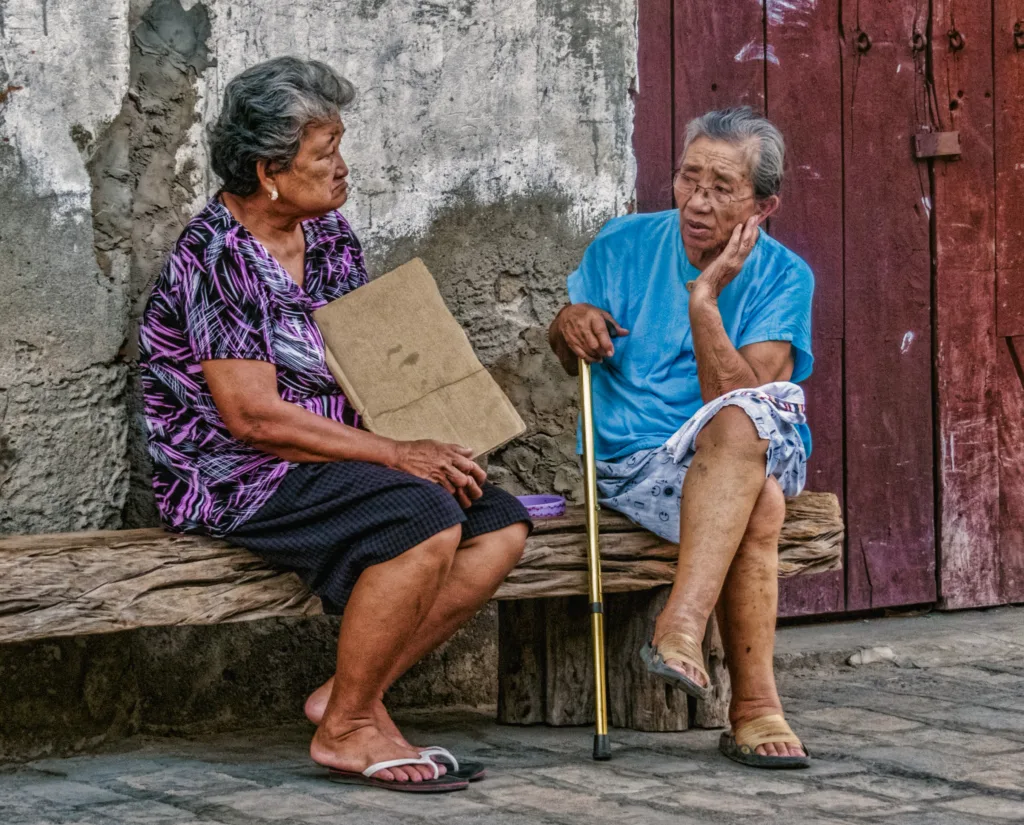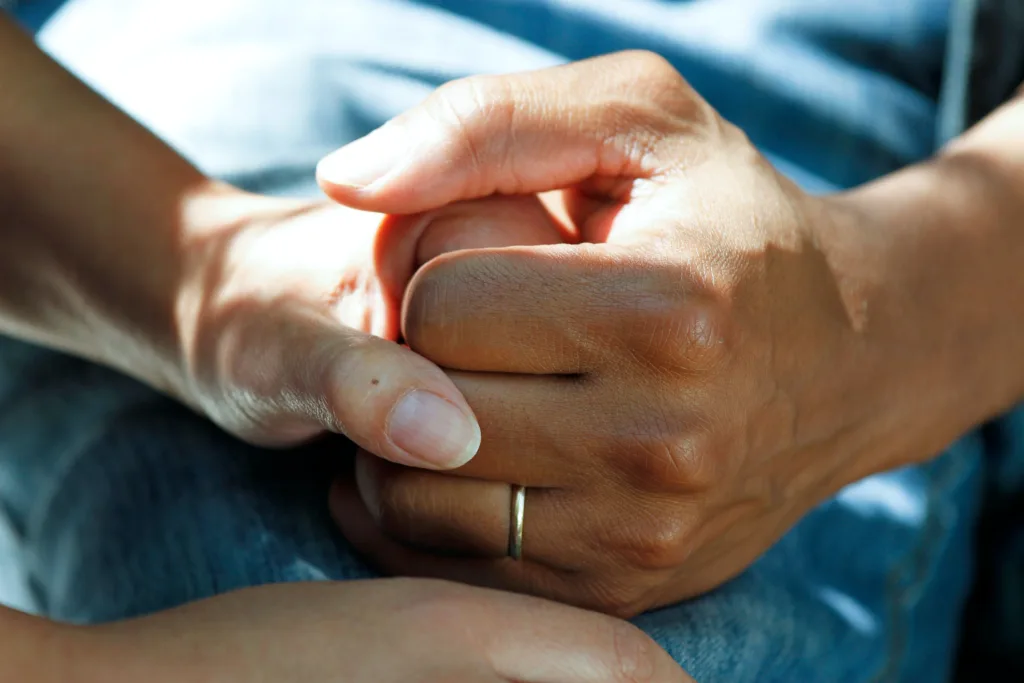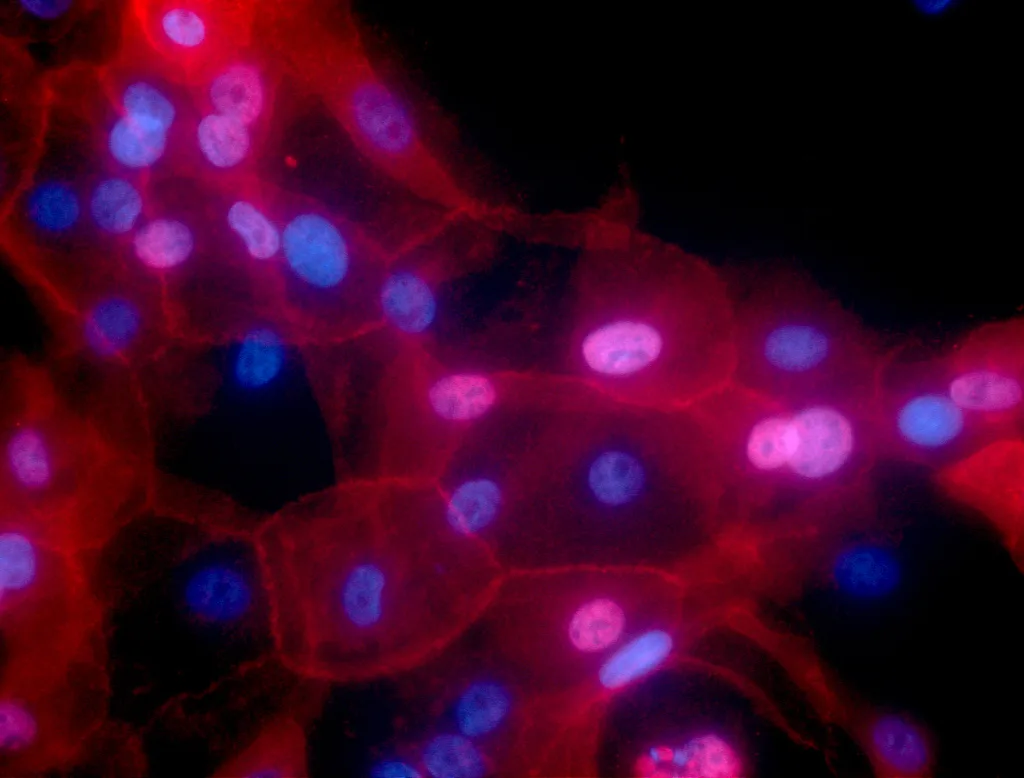Better understanding makes better home care for cancer patients
Indonesia’s strong family ties mean many cancer patients are cared for at home. Understanding palliative care can help elevate a patient's quality of life.
 Family support can make a major difference when cancer turns to terminal stage. : “Afternoon Chat” by Wayne S. Grazio is available at https://bit.ly/3vR9vdo CC BY-NC-ND 2.0 DEED
Family support can make a major difference when cancer turns to terminal stage. : “Afternoon Chat” by Wayne S. Grazio is available at https://bit.ly/3vR9vdo CC BY-NC-ND 2.0 DEED
Indonesia’s strong family ties mean many cancer patients are cared for at home. Understanding palliative care can help elevate a patient’s quality of life.
Cancer is the third leading cause of death in Indonesia, after heart disease and stroke. In 2018, the prevalence of cancer in Indonesia was 1.78 per 1,000 people. In 2020, breast cancer had the highest number of new cases, with 68,858 out of 396,914 cases, or 16.6 percent.
When cancer patients no longer respond to treatment, they need palliative care. Palliative care can be part of the treatment for various conditions, such as chronic kidney disease, cardiovascular disease, dementia, HIV/AIDS and other non-communicable diseases. In Indonesia, palliative care is mostly used in cancer treatment. Patients with cancer have various problems and needs in which palliative care has an important role in addressing.
In Indonesia, where family ties are strong, families must take part in caring for their family members when they are sick, whether in hospital or being cared for at home. Family caregivers often spend 24 hours a day caring for and helping patients.
Palliative care is an integrated approach that aims to improve the quality of life of patients and families in dealing with problems related to life-threatening conditions, through preventing and overcoming suffering with early identification and assessment, treating pain and other physical problems, and psychological, social and spiritual problems.
It is more effective if implemented early in the diagnosis of the disease. Early palliative care not only improves patients’ quality of life but also reduces hospitalisations and unnecessary use of health services.
Every individual who needs it has a right to palliative care, regardless of age, religion, ethnicity, race, type of disease or economic status. This means the right to obtain information when needed about what palliative care means. This has been established clearly in both the third goal of the Sustainable Development Goals (SDGs) and in the World Health Organization’s palliative care guidance. In Indonesia, the law concerning health in 2023 states that palliative care can be carried out both in hospitals and in community health centres.
Good collaboration among various professionals is critical to implementing effective palliative care. Family is also part of the team. Family support is extremely important for cancer patients, especially in helping to overcome various symptoms and in efforts to improve quality of life.
Each cancer patient may have different needs – physical, psycho-social, spiritual and financial – even if they have the same medical diagnosis as others. Nurses and other health workers often pay more attention to physical problems, and are not always trained to identify and deal with psycho-social and spiritual problems.
Identifying non-physical problems is a particular challenge for health workers in implementing palliative care in Indonesia. More than 54 percent of patients with advanced cancer in Indonesia stated that they still needed attention from health workers when they were treated in hospital regarding fulfilling daily needs related to pain and other physical problems, as well as psychological, social and spiritual problems.
In determining patient treatment, family decisions often override the patient’s decisions. Often the patient’s preferences conflict with the family’s preferences, and the family makes decisions based on the family’s perspective and interests. The family belief in striving to the end often prevents patients from determining their own destiny and autonomy and can deny patients the ability to die with dignity.
At the same time, the responsibility to care for sick family members often allows patients to receive care at home with full support from family members. In cases where the patient’s condition worsens and requires palliative care, the family often prefers to care for the patient at home rather than having the patient treated in hospice care.
Problems that occur among family caregivers are usually related to their readiness to care for patients, which can be an obstacle in implementing palliative care for patients at home. Various causes of family unpreparedness include inexperience in caring for the seriously ill, lack of knowledge and sources of information, lack of emotional support, and an unsuitable home environment and facilities.
Family caregivers who are less prepared might feel anxious about the caregiving process, feel burdened and stressed, and can experience mood swings. In addition, their own health is at higher risk than that of caregivers who are better prepared. On the other hand, family caregivers who are well prepared have skills and knowledge that suit their needs, make them feel more confident in providing care and accompanying patients, and have better hope and well-being both physically and emotionally.
Nurses can increase family readiness in caring for patients at home by providing education and training about the goals and benefits of home-based palliative care for patients, especially in managing the signs and symptoms experienced by patients as an effort to improve the patient’s quality of life.
Better understanding among families providing palliative care can help reduce anxiety, improve coping, reduce decision-making conflicts, increase patient autonomy and improve skills in dealing with patient health problems and quality of care.
Christantie Effendy is a professor in Medical Surgical Nursing at School of Nursing, Universitas Gadjah Mada Yogyakarta, Indonesia. She has been interested in palliative care, cancer care, colostomy care and wound care.
Originally published under Creative Commons by 360info™.















